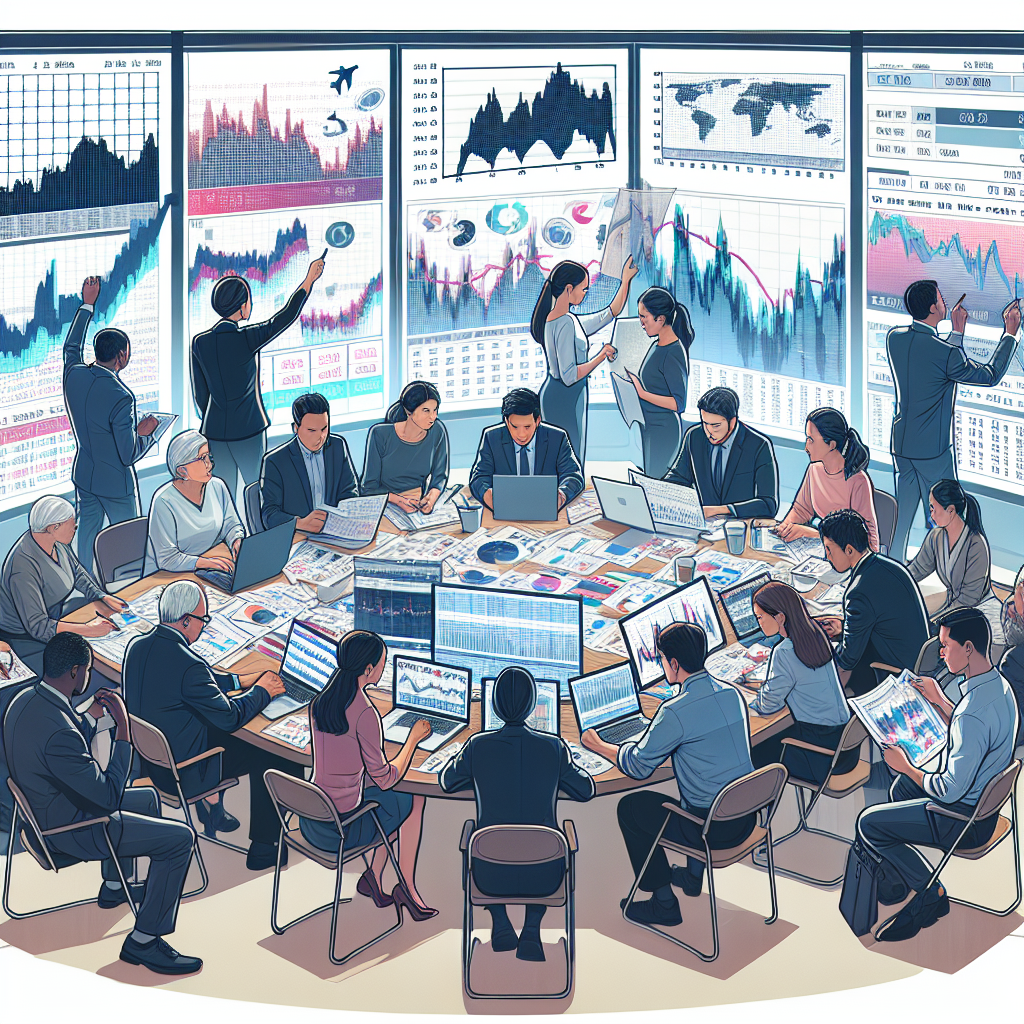
Exploring Event-Driven Market Analysis in Finance
Understanding Event-Driven Market Analysis
In the world of finance and investing, there’s a myriad of strategies and techniques that investors use to make decisions. One such method is event-driven market analysis. This approach involves evaluating and reacting to significant events that have the potential to impact markets. These events can range from economic indicators to political changes, natural disasters, and even business events like earnings reports and mergers.
What is Event-Driven Market Analysis?
Event-driven market analysis is a strategy used by investors and traders to analyze and predict market movements based on significant events. These events can include anything from political developments, economic data releases, corporate announcements, and global crises. The idea is that these events have the potential to cause significant shifts in market sentiment and, therefore, price movements.
Types of Events in Event-Driven Market Analysis
Economic Events
Economic events are often the most influential in terms of market movements. These can include data releases such as employment figures, GDP growth rates, inflation data, and central bank interest rate decisions. These events can cause significant shifts in market sentiment and can lead to substantial price movements.
Political Events
Political events can also have a significant impact on markets. Elections, referendums, policy changes, and political instability can all cause shifts in market sentiment. For example, the Brexit referendum had a significant impact on the UK’s financial markets, causing substantial volatility.
Corporate Events
Corporate events such as earnings reports, mergers and acquisitions, and product launches can also impact markets. These events can affect the stock price of individual companies and can also influence broader market sentiment.
How to Use Event-Driven Market Analysis
Stay Informed
The first step in event-driven market analysis is to stay informed. This means keeping up to date with the latest news and developments that could potentially impact the markets. Many financial news websites and platforms provide real-time updates on significant events.
Analyze the Impact
Once you are aware of a significant event, the next step is to analyze its potential impact. This could involve evaluating how the event might affect market sentiment, how it could impact specific sectors or companies, and how it might influence economic indicators.
Make a Decision
Based on your analysis, you can then make a decision about how to react. This might involve buying or selling certain assets, adjusting your portfolio, or taking other steps to manage risk.
The Importance of Event-Driven Market Analysis
Event-driven market analysis is crucial because it helps investors and traders understand and predict market movements. By staying informed about significant events and understanding their potential impact, investors can make more informed decisions and potentially achieve better returns. However, it’s important to note that event-driven market analysis is just one tool among many, and it should be used in conjunction with other strategies and techniques.


